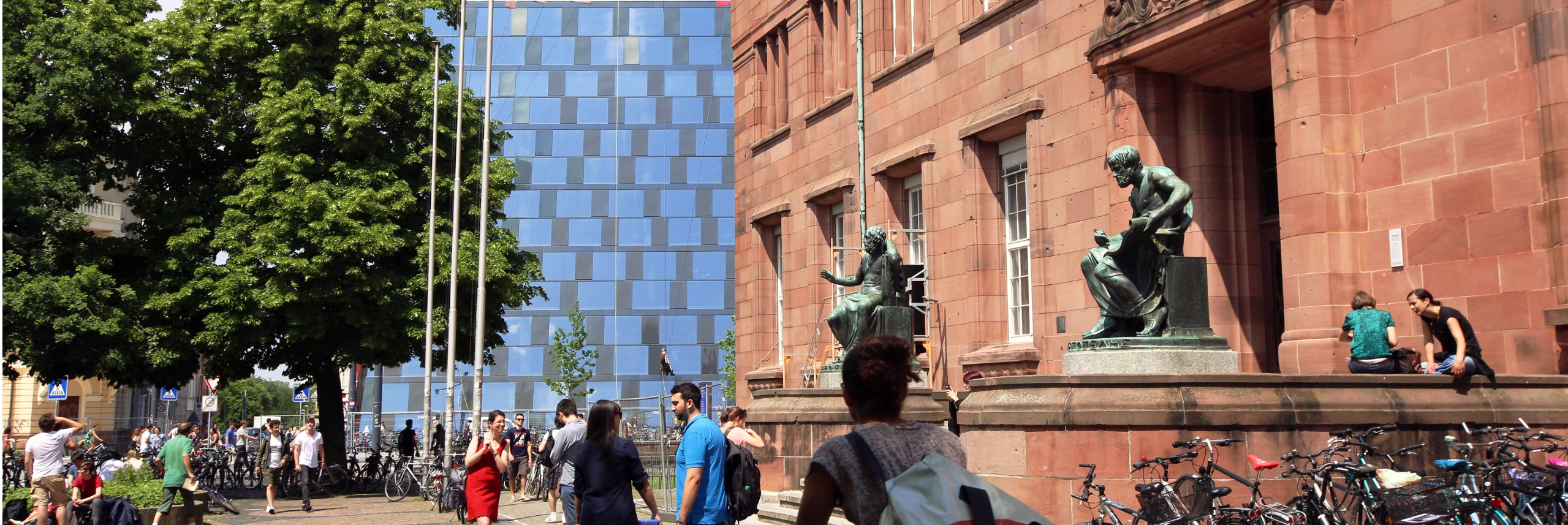
FRIBIS Discussion Papers
Robin Anderl Gegenrechnung der Corona-Hilfsmaßnahmen mit dem Konzept des Netto-Grundeinkommens für die Jahre 2020/2021 Working paper FRIBIS Discussion Paper Series, FRIBIS Paper No. 03-2024, 2024. Abstract | Links | Tags: basic income, financing, net basic income Bernhard Neumärker, Bianca Blum, Burhan Yalcin, Sema Yalcin The Counterfinancing of the Net Basic Income in Times of Debt-Financed Relief Measures during the Corona Crisis Working paper FRIBIS Discussion Paper Series, FRIBIS Paper No. 01-2021, 2021, ISBN: 2702-5462. Abstract | Links | Tags: basic income, english, financing, net basic income2024
@workingpaper{nokey,
title = {Gegenrechnung der Corona-Hilfsmaßnahmen mit dem Konzept des Netto-Grundeinkommens für die Jahre 2020/2021},
author = {Robin Anderl},
url = {https://www.fribis.uni-freiburg.de/wp-content/uploads/2024/09/FRIBIS-Discussion-Paper_03_24_Robin-Anderl.pdf},
doi = {10.6094/FRIBIS/DiscussionPaper/13/03-2024},
year = {2024},
date = {2024-09-12},
abstract = {The papers of the FRIBIS Discussion Paper Series are working papers that do not undergo a peer-review process by FRIBIS. The authors are responsible for the content.},
howpublished = {FRIBIS Discussion Paper Series, FRIBIS Paper No. 03-2024},
keywords = {basic income, financing, net basic income},
pubstate = {published},
tppubtype = {workingpaper}
}
2021
@workingpaper{nokey,
title = {The Counterfinancing of the Net Basic Income in Times of Debt-Financed Relief Measures during the Corona Crisis},
author = {Bernhard Neumärker and Bianca Blum and Burhan Yalcin and Sema Yalcin},
url = {https://www.fribis.uni-freiburg.de/wp-content/uploads/2021/06/FRIBIS_Discusson-Paper-Series_engl_NGE_NBI_Counterfinancing-of-the-Net-Basic-Income-in-Times-of-Debt-Financed-Relief-Measures-during-the-Corona-Crisis.pdf, Download PDF},
doi = {10.6094/FRIBIS/DiscussionPaper/3/01-2021},
isbn = {2702-5462},
year = {2021},
date = {2021-06-14},
urldate = {2021-06-14},
abstract = {The measures taken to contain the Corona pandemic have resulted in, among other things, massive loss of earnings. Many people are therefore increasingly experiencing an income crisis in addition to the acute health crisis. Permanent existential insecurity remains for too many despite the numerous aid packages. The principle of need-based assistance and the determination of need for the provision of
aid are proving to be insufficient. In the current crisis, earned incomes are affected most of all due to the measures taken. This leads to an asymmetric distribution of the crisis-induced burdens and thus to an asymmetric distribution of risks and burdens between performance-related and non-performance-related income, which exacerbates the redistribution in favor of capital income. The model of net basic income (NGE) shows one way to come to a solution of these problems in the crisis. Every adult person in Germany receives a monthly unconditional basic income of e.g. € 550 (calculated in this approach) during the crisis period. This amount is supplemented by the suspension of rent, lease, repayment and interest obligations during this period of income loss. The amount of money paid to each person is the net share of the crisis basic income. The household savings from suspending rent, lease, principal, and interest payments is the gross. After the crisis, the NGE can be raised to a full participatory BGE of € 1,200 to € 1,500 as economic momentum increases. In step with this, rental, lease and capital services are to be paid again in full contract amount.
The papers of the FRIBIS Discussion Paper Series are working papers that do not undergo a peer-review process by FRIBIS. The authors are responsible for the content.},
howpublished = {FRIBIS Discussion Paper Series, FRIBIS Paper No. 01-2021},
keywords = {basic income, english, financing, net basic income},
pubstate = {published},
tppubtype = {workingpaper}
}
aid are proving to be insufficient. In the current crisis, earned incomes are affected most of all due to the measures taken. This leads to an asymmetric distribution of the crisis-induced burdens and thus to an asymmetric distribution of risks and burdens between performance-related and non-performance-related income, which exacerbates the redistribution in favor of capital income. The model of net basic income (NGE) shows one way to come to a solution of these problems in the crisis. Every adult person in Germany receives a monthly unconditional basic income of e.g. € 550 (calculated in this approach) during the crisis period. This amount is supplemented by the suspension of rent, lease, repayment and interest obligations during this period of income loss. The amount of money paid to each person is the net share of the crisis basic income. The household savings from suspending rent, lease, principal, and interest payments is the gross. After the crisis, the NGE can be raised to a full participatory BGE of € 1,200 to € 1,500 as economic momentum increases. In step with this, rental, lease and capital services are to be paid again in full contract amount.
The papers of the FRIBIS Discussion Paper Series are working papers that do not undergo a peer-review process by FRIBIS. The authors are responsible for the content.